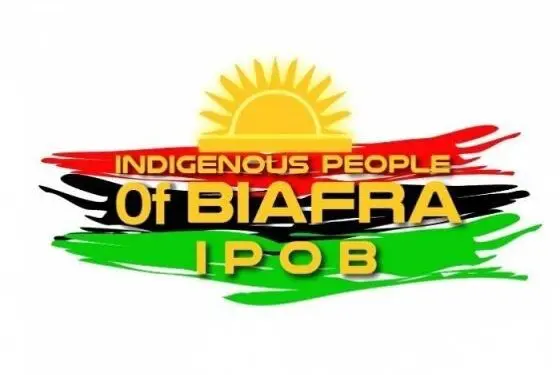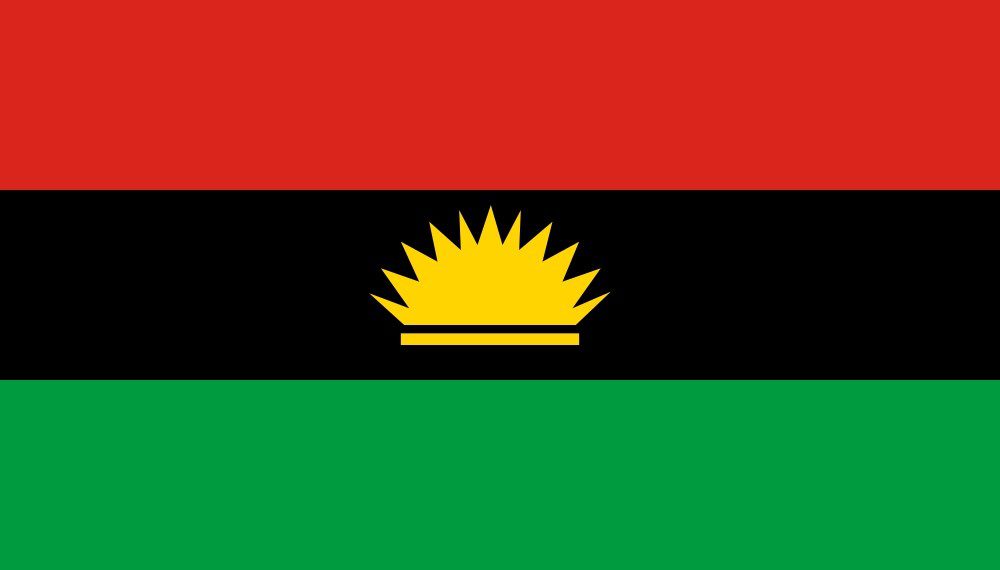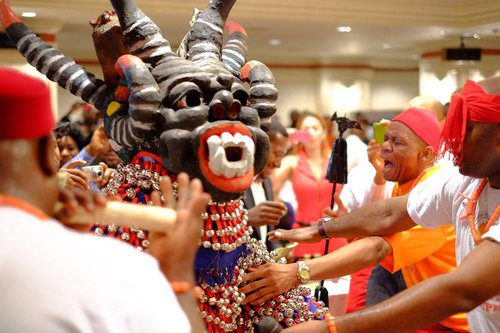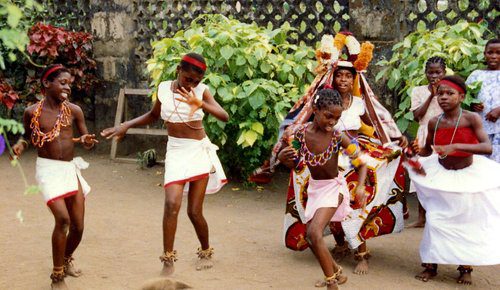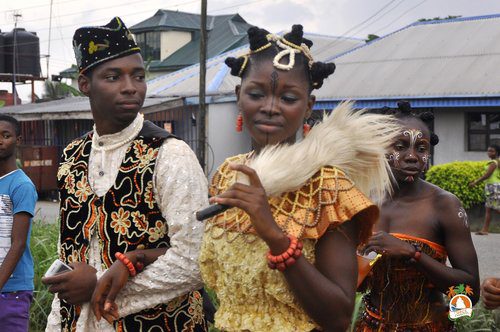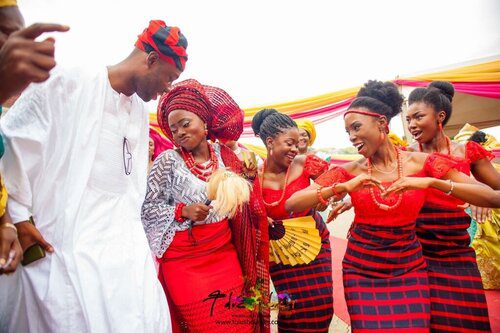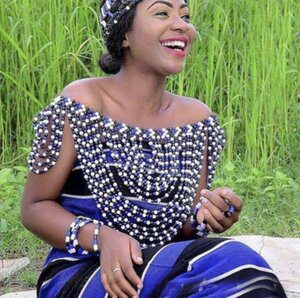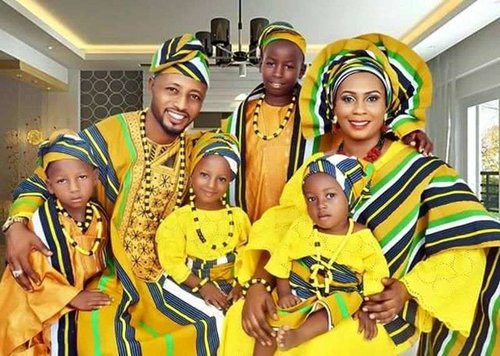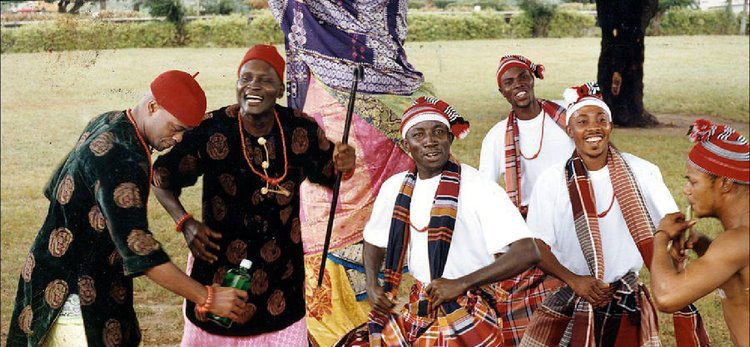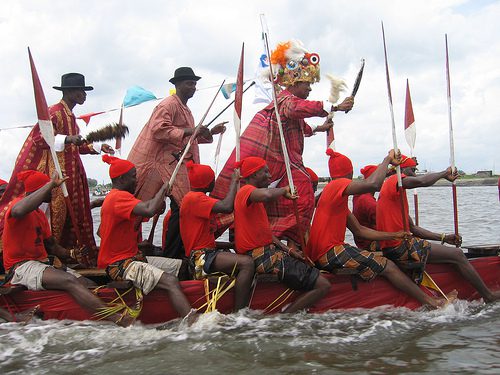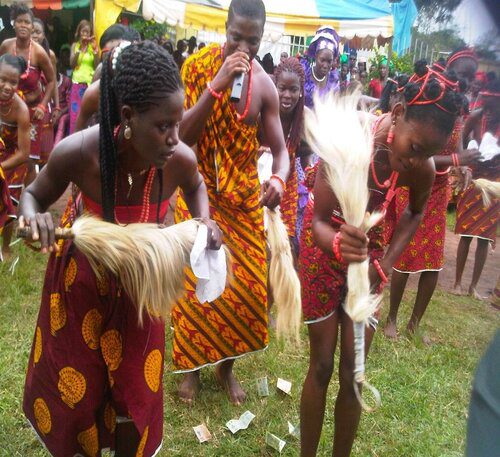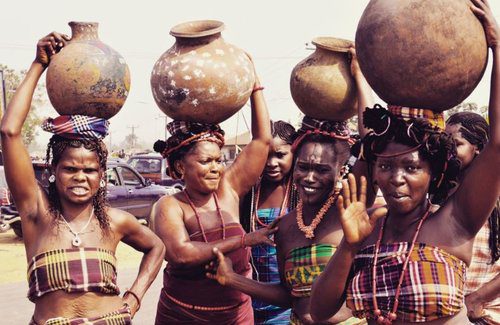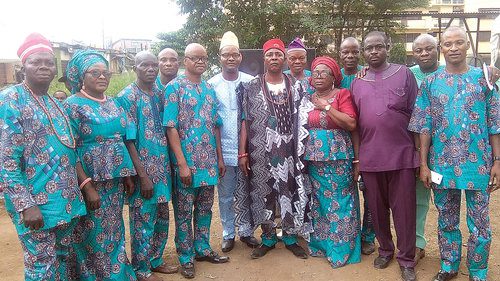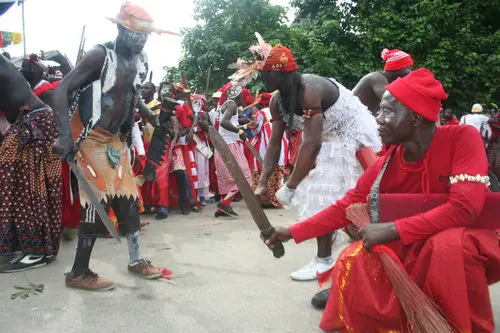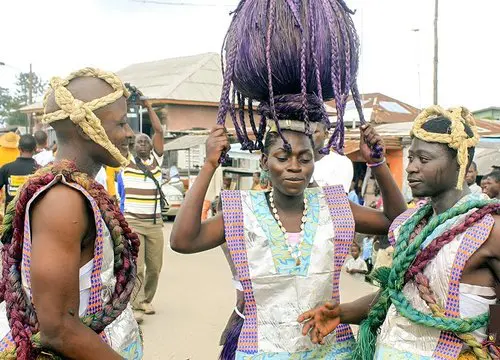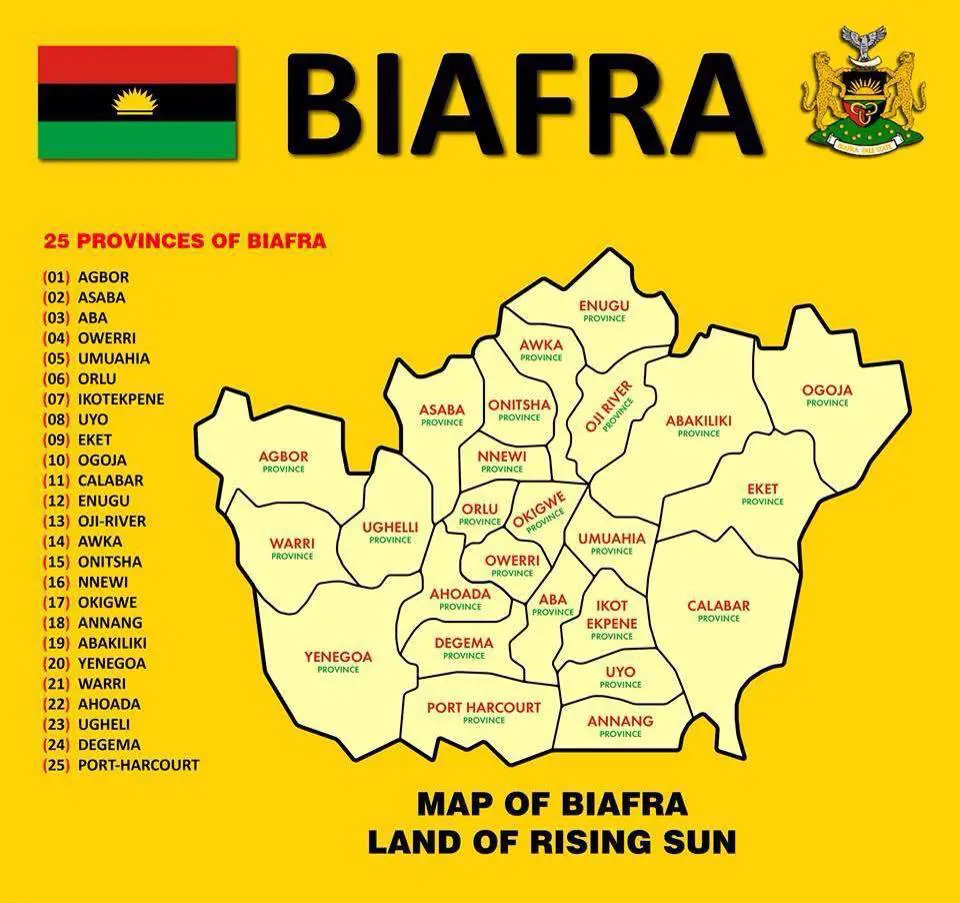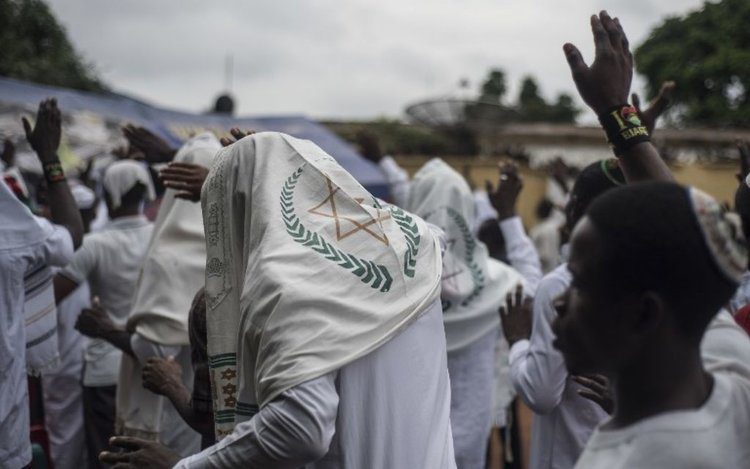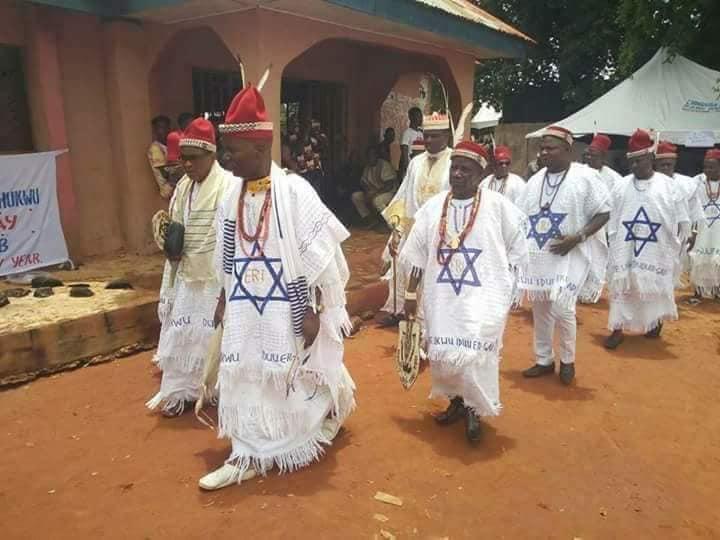Our Eternal Leader
Our eternal leader, the brave Commander In Chief of the Biafran Forces (1967-1970)
DIM Chukwuemeka Odumegwu Ojukwu

The Leader Behind Our Biafran Separatist Group
Our Supreme Leader; The Indomitable Ohamadike Biafra, Mazi Nnamdi Okwu Kanu
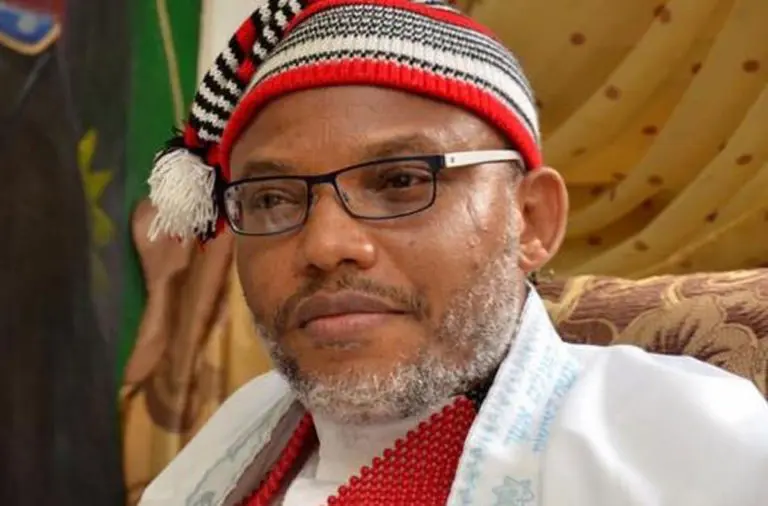
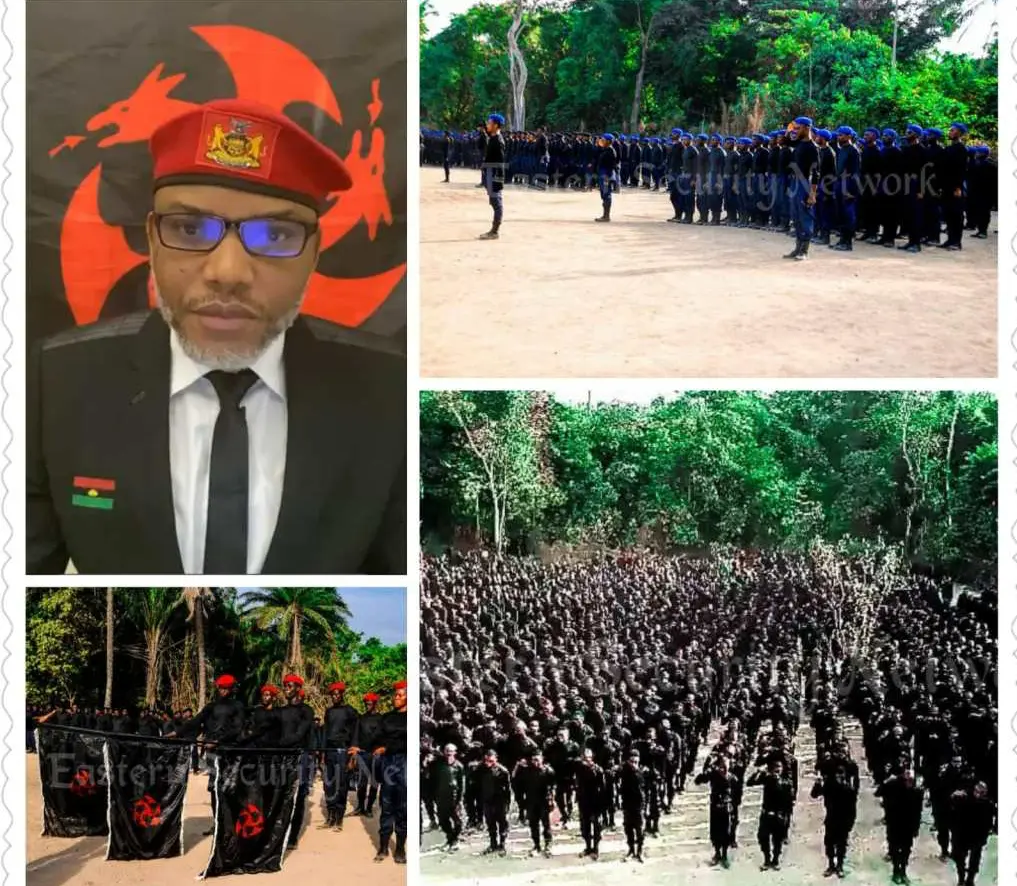
The Eastern Security Network
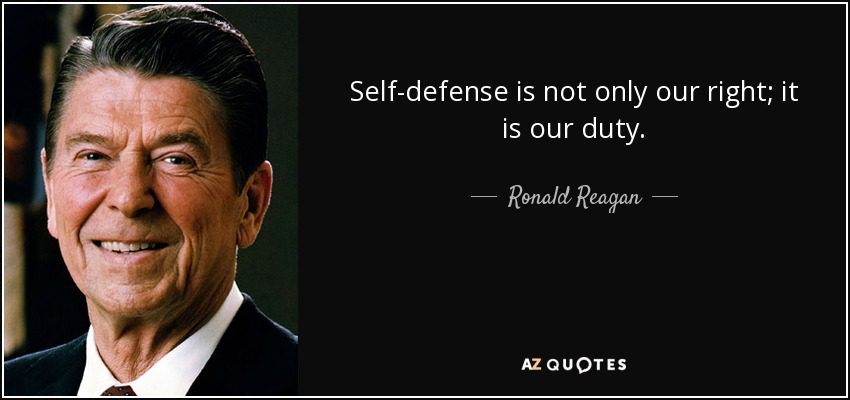
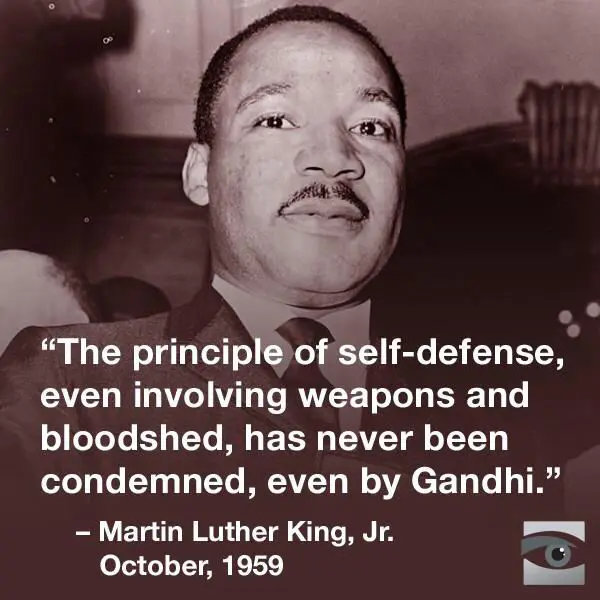
Behold the Eastern Security Network (ESN)
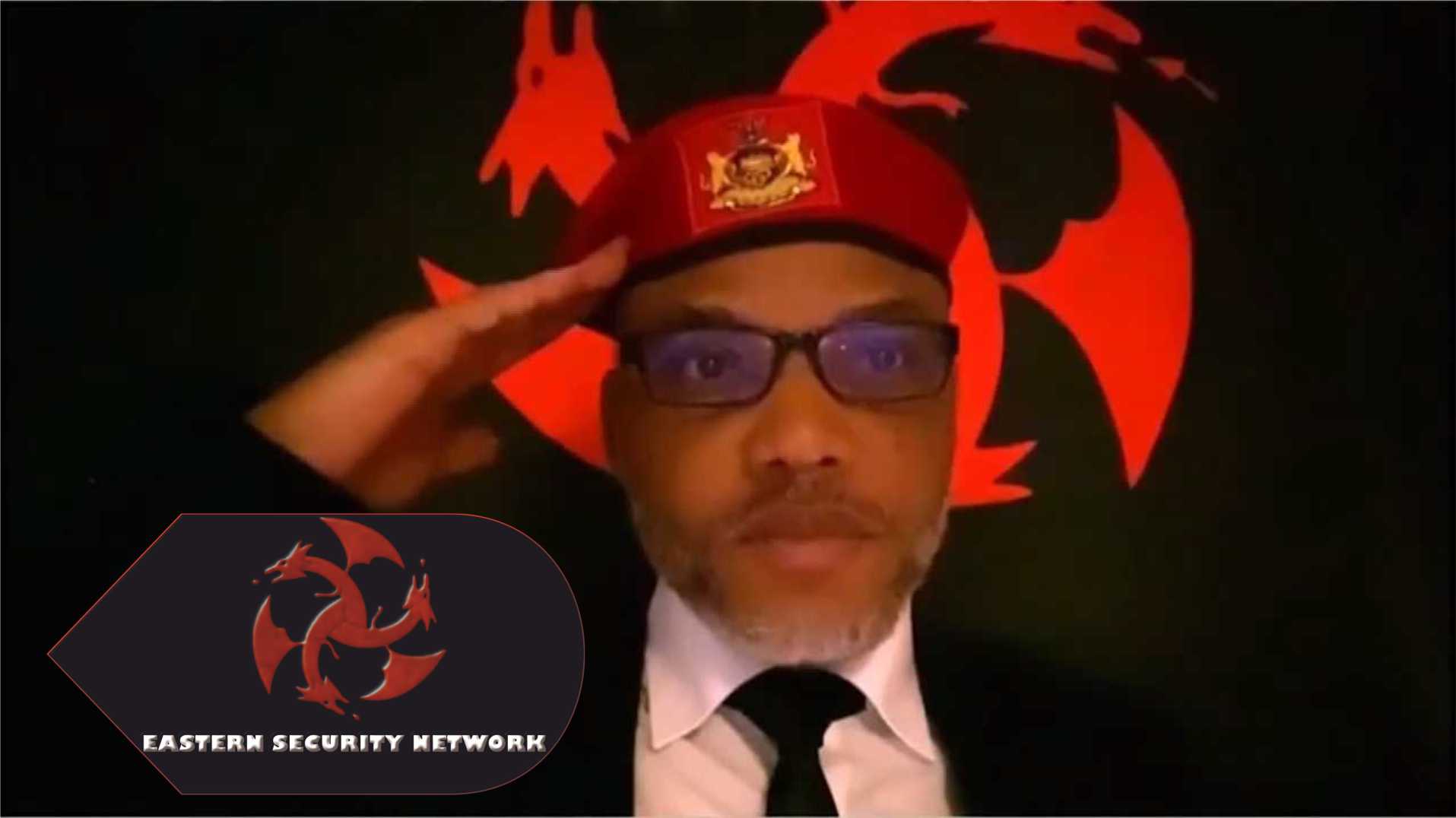
The Commander in Chief, His Excellency
Mazi Nnamdi Okwu Kanu
The Ohamadike of Biafraland
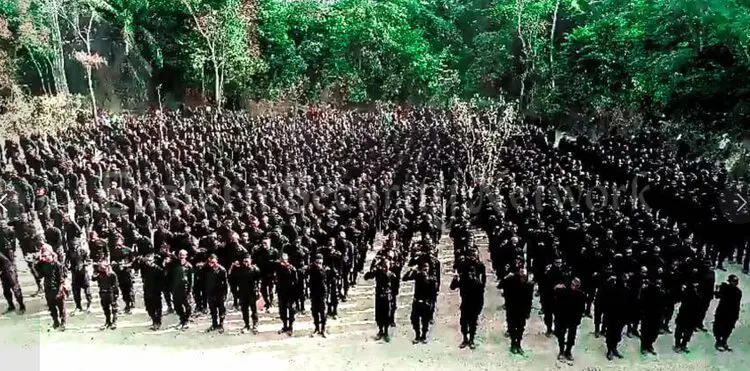
The Eastern Security Network. A Vigilante Group Securing Biafra Farmlands and Homes From Rapiest Terrorist Government of Nigeria
The Biafra Flag
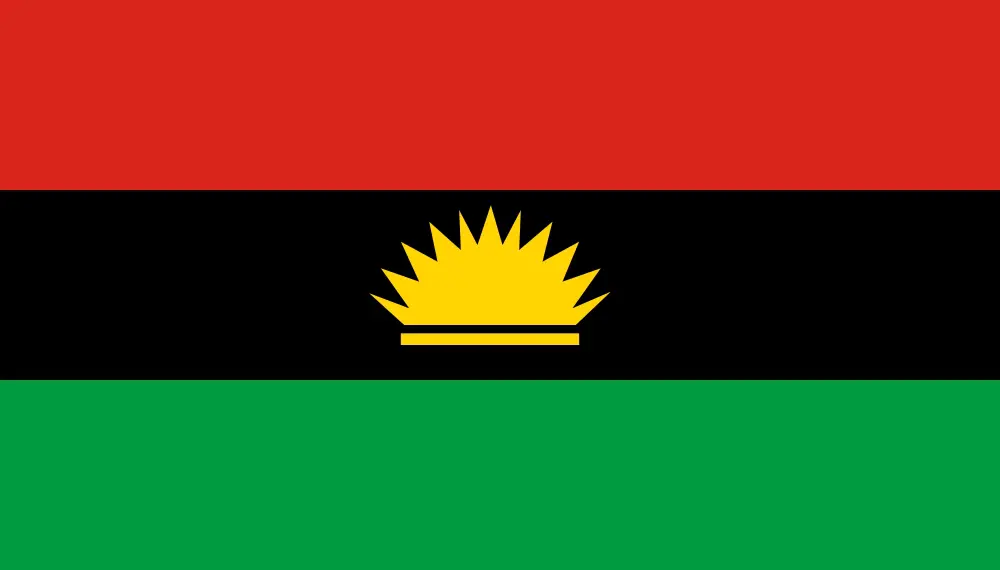
Biafra Coat of Arms
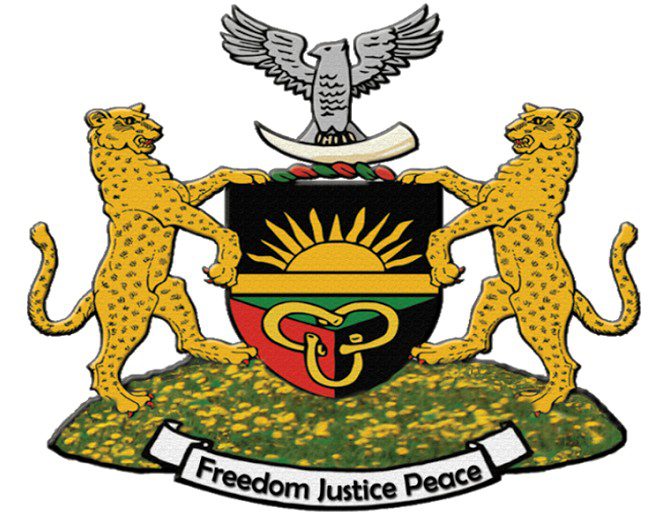
IPOB Logo
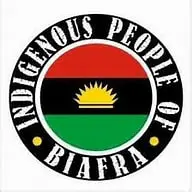
Our Objective
Our objective is to free all Biafrans from the oppressions of the terrorist federal government of Nigeria, by restoring the precolonial independence of the sovereign state of Biafra, building back the dignity and citizenship of all Biafrans as a free independent sovereign state through Referendum. We seek to give back to our people, our indigenous home, our culture, and our way of life we had before the precolonial and subsequently post-colonial times of the contraption created by the British Lord Lugard in 1914. Thus, we will be the architect of the policies and laws that guide us, and we will define ourselves by our own standards and values. To this end, we seek no middle ground.
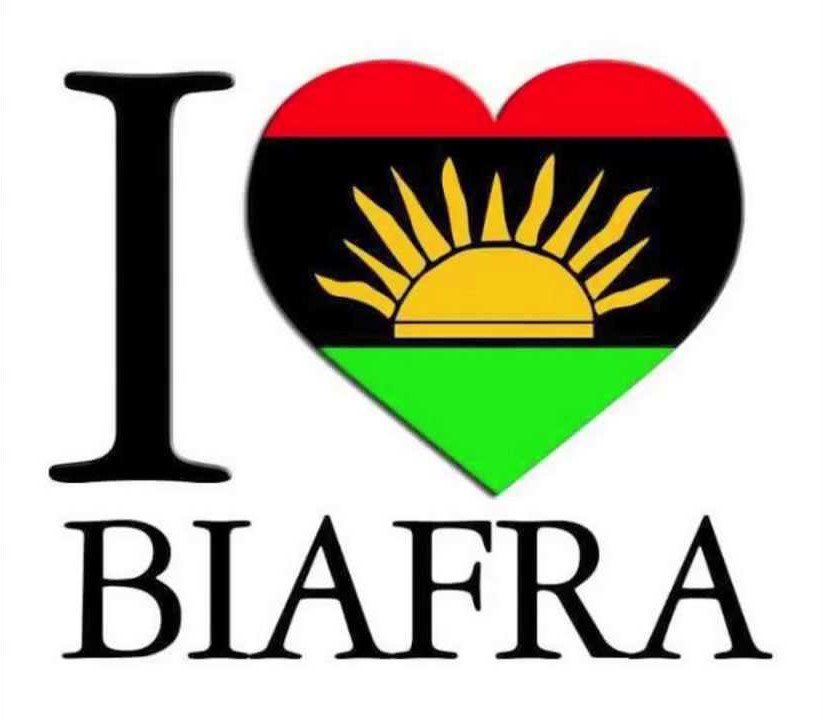
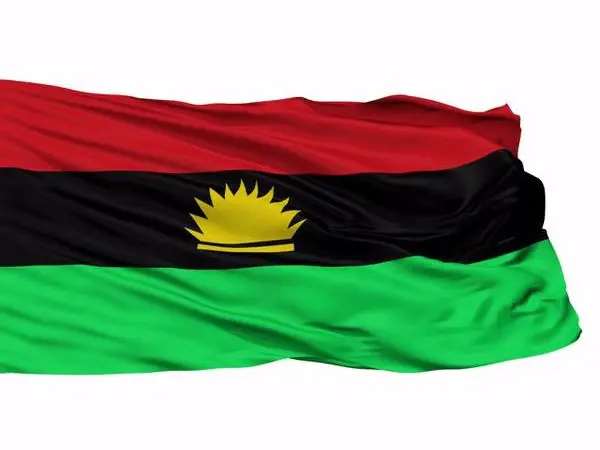
Mission Statement
Our mission is ultimately to restore a free sovereign state of Biafra through Biafra Referendum. We intend to achieve this by raising independent and international awareness, legitimately alerting the entire world, of the continuous ethnic cleansing of Biafrans, the genocidal attacks, the social, political, and economic strangulation, conscious subjugation and stifling of the Indigenous People of Biafran through deliberate inhumane policies of the Fulani terrorist-controlled Nigerian failed State, whose aim is to exterminate Biafrans and occupy her indigenous territory! This we will achieve through Biafra Referendum.
Our People
Biafrans are the Indigenous People and original inhabitants of Biafraland. Biafra comprises divergent ethnic groups that originated from one ancestry. This linguistic divergent but yet with same cultural affiliation consist of the Anioma, Efik, Ibibio, Idoma, Igala, Igbo, Igede, Ijaw, Ika, Ikwerre, Itsekiri, Ukwani, Urhobo, and many others.
Our Land
Biafra is a tropical and coastal region in the southeastern area of West Africa between Nigeria and Southern Cameroon. It is a land endowed with rolling hills in its continental regions, fertile marsh in its coastal regions, and lush forests throughout.
Map of Biafra: The Land of the Rising Sun
Map of Biafra
Biafran Traditions
Below are some common Biafran cultural traditions and their Jewish equivalents.
1. Nso Nwanyi
In Igboland, women live apart from their husbands and neither cook for them nor enter their husband's quarters when they are on their monthly period. They are seen as unclean. Even up till today, such practice is still applicable in some parts of Igboland, especially by the traditionalists. Before a woman can enter the palace of Obi of Onitsha, she will be asked if she is in her period, if yes, she will be asked to stay out
Leviticus 15: 19–20
When a woman has her monthly period, she remains unclean, anyone who touches her or anything she has sat on becomes unclean.
2. Ana Obi
An Igbo man's ancestral heritage, called “Ana Obi” is not sellable, elders will not permit this. If this is somehow done due to the influence of the West, the person is considered a fool and is ostracized by the community.
1 Kings 21:3
I inherited this vineyard from my ancestors, and the Lord forbid that I should sell it, said Naboth.
3. Ikuchi Nwanyi
Igbos have practiced the taking of a late brother's wife into marriage after she had been widowed until the white men came. Now it is rarely done but except in very rural villages.
Deuteronomy 25:5
A widow of a dead man is not to be married outside the family; it is the duty of the dead man's brother to marry her.
4. Igba Odibo
In Igboland, there is a unique form of apprenticeship in which either a male family member or a community member will spend six (6) years (usually in their teens to their adulthood) working for another family. And on the seventh year, the head of the host household, who is usually the older man who brought the apprentice into his household, will establish (Igbo: idu) the apprentice by either setting up a business for him or giving money or tools by which to make a living.
Exodus 21:2
If you buy a Hebrew slave, he shall serve you for six years. In the seventh year, he is to be set free without having to pay you anything.
5. Iri Ji Ofuo
In Igboland, the yam is very important as it is their staple crop. There are celebrations such as the new yam festival (Igbo: Iri Ji) which is held during the first harvesting of the yam. New Yam festival (Igbo: Iri ji) is celebrated annually to secure a good harvest of the staple crop. In the olden days, it is an abomination for one to eat a new harvest before the festival. It's a tradition that you give to God first as a thanksgiving.
Deuteronomy 16:9
Count 7 weeks from the time that you begin to harvest the crops and celebrate the harvest festival to honor the Lord your God, by bringing him a freewill offering in proportion to the blessing he has given you. Celebrate in the Lord's presence together with your children, servants, foreigners. Be sure that you obey my command, said the Lord.
6. Ibe Ugwu
In Igboland, it's a tradition that male children are circumcised on the 8th day. This tradition is still practiced to date.
Leviticus 12:3
On the eighth day, the child shall be circumcised.
7. Omugwo
In Igboland, there is a practice known as "ile omugwo ". After a woman has given birth to a child, a very close and experienced relative of hers, in most cases her mother is required by tradition to come and spend time with her and her husband, during which she is to do all the work of the wife, while the new mom's only assignment is to the baby, which is to breastfeed the baby. This goes on for a month or more. In the Igbo old tradition, at this time, the new mom lives apart from her husband and would not cook or enter his quarters.
Leviticus 12:1–4
For seven days after a woman gives birth, she is ritually unclean as she is during her monthly period. It will be 33 days until she is ritually clean from the loss of blood; she is not to touch anything that is holy.
Our Family: The IPOB
The Indigenous People of Biafra is a worldwide movement in more than 170 countries scattered all over the continents of the world. We are in every nation and there is a proverb that says, “wherever you do not find the Indigenous People of Biafra, that location must be uninhabitable”. The Indigenous People of Biafra represent the social, political, and economic interests of Biafrans. We, the Indigenous People of Biafra, are therefore seeking the restoration of the sovereign, independent, and Judeo-Christian Nation-state of Biafra.
We are also fighting against radical, state-sponsored, Islamic terrorism that has slaughtered millions of our people and is hell-bent on wiping us out of the surface of the earth to make room for their occupation of our land and Islamization of any remnant left after the ongoing pogrom of our people. Recall that in 1914, the nation of Biafra was annexed into Nigeria—a British colonial contraption with an abysmal record in governance and human rights.
We herewith inform that our right to self-determination is guaranteed by both the UN and African Union charters, but it is unlike other struggles for freedom, we are not trying to "secede" from Nigeria. We are rather, a movement determined to Restore the Independence and Sovereignty of the Biafran Nation.
We once in modern times existed as a sovereign nation receiving official recognition from 5 nations (Gabon, Haiti, Ivory Coast, Tanzania, and Zambia) and unofficial recognition from several others before it was ruthlessly and unjustifiably overrun and occupied by the contraption and experiment of Lord Lugard and wife which is called Nigeria. Other nations such as Israel, Poland, Ukraine, or Armenia share such an experience of being occupied by another state one time or the other but later regained their independence and freedom.
Why restore Biafra? One fundamental truth regarding our quest for the restoration of the sovereign state of Biafra is because, the Nigerian governments have deliberately failed in providing our people with the security of life and property, and the basic right of citizenship which is the primary responsibility of all civilized nations. On the contrary, the Nigerian governments have, for several decades, been involved in serial pogroms and massacres of Biafrans, including committing genocide against her in 1967 to 1970 in which over 5 million Biafrans were killed, and the same Nigerian terrorist backed government has continued to torture and killed more of us until today.
We are determined to restore the Biafran nation so that our people can live in freedom, peace, secured, protected from Islamic genocidal and terrorist attacks.
According to the UN doctrine known as the "Responsibility to Protect" (R2P), the international community has the "obligation" to intervene and protect ethnic groups whose governments have consistently failed to afford them the basic right of citizenship, security of life, and property.
Today, in international law, national sovereignty no longer means only the right of leaders of countries to protect the "territorial integrity" of their countries from foreign invasion or interference and to do as they please within the borders of their nations in the name of "national security". It rather now includes the "obligation" of those leaders to safeguard the life and property of their citizens. A country that cannot perform this basic function has no right to the obedience and allegiance of the citizens it has serially slaughtered and deliberately failed to protect.
The Supreme Leader (Onyendu) of the Indigenous People of Biafra. Mazi Nnamdi Okwu Kanu. The Ohamadike of Biafraland
Rallies in different cities of the world calling the heads of governments of the world to intervene by calling on the Nigerian terrorist government for the release of our leader who was ruthlessly taken on June 19, 2021, in an extraordinary rendition and was brought unwillingly to Nigeria, a country he denounced many years ago.
